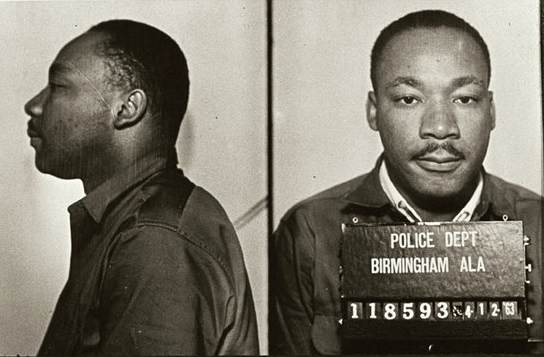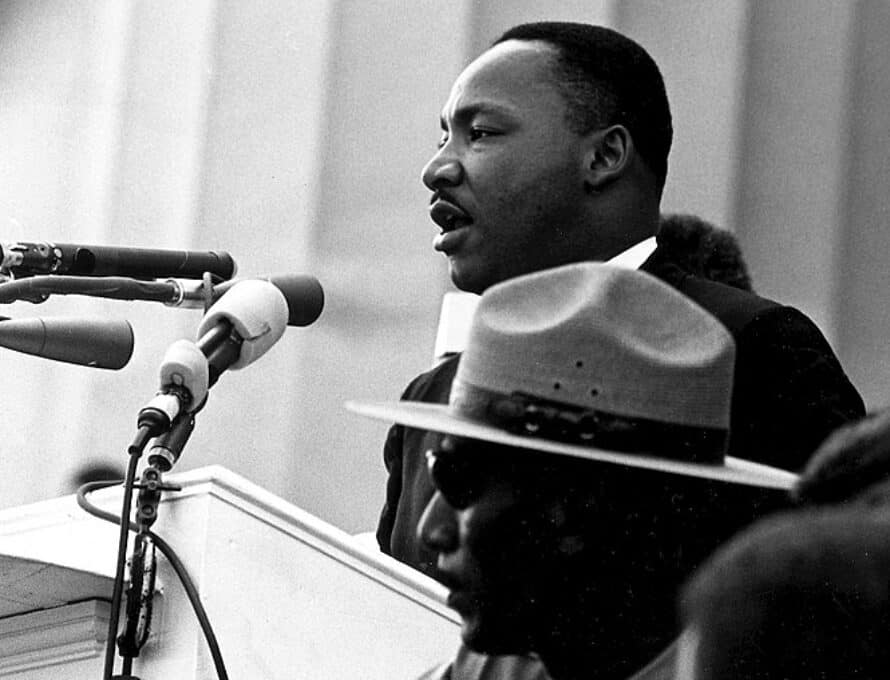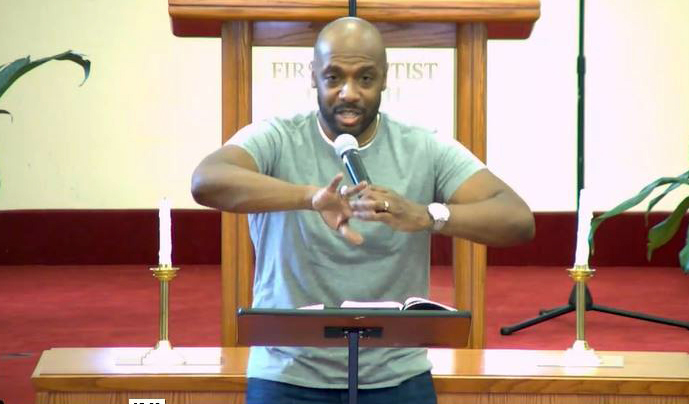
Editor’s note: Sunday, Feb. 26, is Racial Reconciliation Sunday in the Southern Baptist Convention.
BIRMINGHAM, Ala. (BP) – From the isolation of a jail cell in Birmingham, Ala., to the open air of the Lincoln Memorial in Washington D.C., the year 1963 saw Martin Luther King Jr. deliver a prophetic critique, yet hopeful vision, for race relations in the United States of America.
Sixty years later, King’s two works, the “Letter from Birmingham Jail” and “I Have a Dream” speech, continue to echo his ethic of love and commitment to justice. Both works can continue to inspire and instruct Southern Baptists, according to Miles Mullin and Jon Nelson.

King began writing “Letter from Birmingham Jail” on April 16, 1963, two days after Easter and several days into his imprisonment in the Birmingham City Jail. His letter, drafted on a newspaper smuggled into his bed-less cell, responded directly to the public critique of white ministers in Birmingham who claimed King and his colleagues should respect current laws and wait patiently for change to come.
In his response, King “drew upon the Scripture (particularly the prophets), the black intellectual tradition, the larger Western Christian tradition, and the American political tradition,” to craft “one of the greatest works of 20th-century American political rhetoric,” according to Mullin, newly elected vice president and chief of staff at the SBC’s Ethics & Religious Liberty Commission.
King appealed to a higher, transcendent law that he claimed the white ministers had failed to follow. Like the Declaration of Independence, his letter also enumerated the many injustices to which black men and women had been subjected.
“King ties this to the historic Christian belief – which began with the apostles – that there is a higher moral law that transcends civic laws and a higher authority than government authority. At the same time, King believed in the promise of America, and he represented a host of African Americans who desired America to live up to the promises articulated in ‘the magnificent words of the Constitution and the Declaration of Independence,’” Mullin said.
“Letter from Birmingham Jail is one of the most pivotal letters ever written that most people have never read,” said Jon Nelson, pastor of SOMA Community Church in Jefferson City as well as a former Missouri Baptist Convention (MBC) president, and the current chair of the MBC’s Racial Reconciliation Task Force.
Reflecting on King, Nelson spoke of the need to combine biblical justice and doctrinal faithfulness as two wings of a plane.
“In order for the plane itself to fly, you need both wings. You would never get on a plane after hearing the pilot say, ‘We’ve only got one wing, but I think we will be good to get to Atlanta today.’” Nelson said.
“We need both of those wings in order to fly properly and have a robust and complete view of the Gospel, here in the States and worldwide.”
Just months after drafting “Letter from Birmingham Jail” on Aug. 28, 1963, King stood on the steps of the Lincoln Memorial and articulated a vision of brotherhood between races.
King’s “I Have a Dream” speech lifted his listeners to consider the mountaintop rather than the valley and to choose love over violence.
According to Mullin, “Love and a firm belief in the dignity of all people – even one’s opponents – typified King’s rhetoric and approach.”
Mullin believes Baptists can still learn from King’s resolve to love those with whom he disagreed.
“As we seek the transformation of our culture for the common good,” Mullin said, “it is incumbent on us as Baptists to remember that, while we advocate for what is good and right and just, according to biblical principles, we should do so in a way that embodies the love of Christ for all people – even those who oppose those efforts. As we do so, we must also point them to the hope we have in Jesus Christ and the necessity of being born again.”
Nelson shared a similar thought.
“We have to learn how to hear those who disagree with us without considering them the enemy. Unfortunately, what has happened is we have been discipled by media, we’ve been discipled by our political parties, more than we have discipled them,” Nelson said.
“My imploring is to my brothers and sisters in Christ to have a seat at the table and just listen.”





















